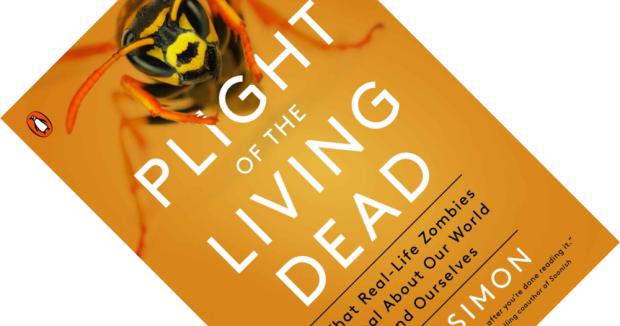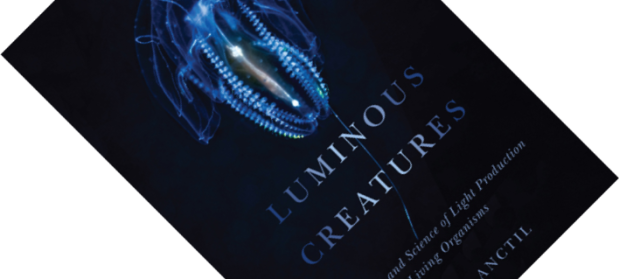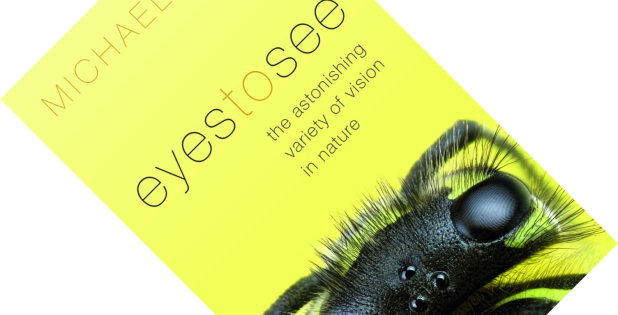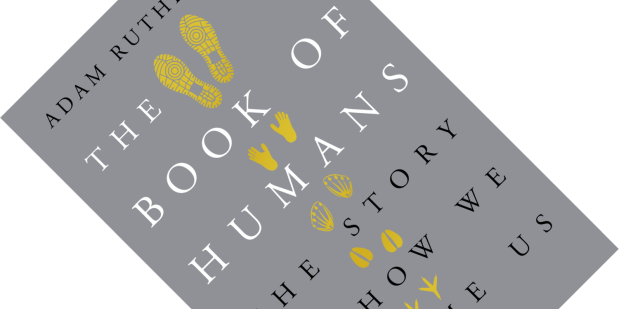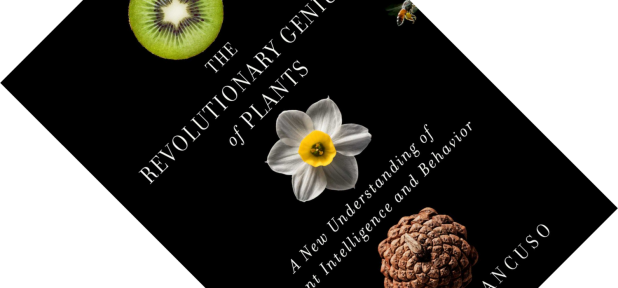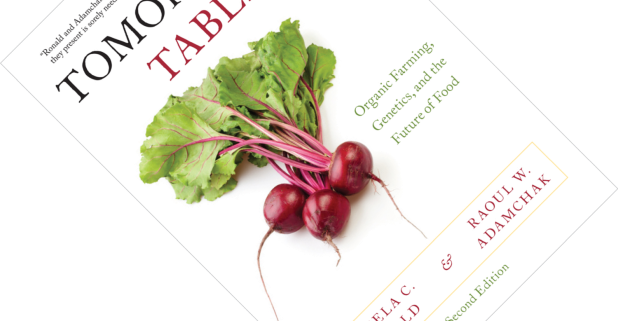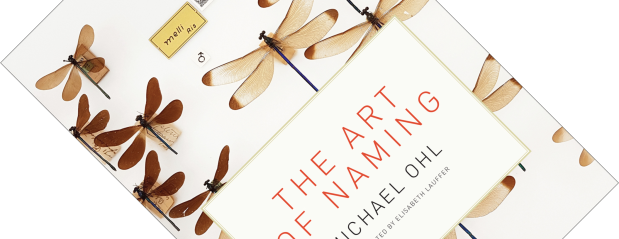Being turned into a zombie is not something most of us worry about. Sure, some of us consider humans metaphorical zombies, controlled by mass media / the government / smartphone addiction / my pet hamster / ________ (fill in your own favourite 21st-century angst here). All I can say after reading Matt Simon’s book is that I am glad that I am not an insect. In turns gruesome and hilarious, Plight of the Living Dead is a carnival of the many grotesque ways that parasites can control their hosts. Something we do not have to worry about… or do we?
entomology
Book review – Never Home Alone: From Microbes to Millipedes, Camel Crickets, and Honeybees, the Natural History of Where We Live
The term “wildlife” tends to evoke images of apex predators, cuddly creatures, or flagship species – usually vertebrate, usually mammalian – living outdoors in the wilderness of jungles, plains, or oceans. But what about closer to home? What about in your home? Ecologist Rob Dunn has written a delightful book showing that we live amidst a veritable zoo.
Book review – Underbug: An Obsessive Tale of Termites and Technology
When it comes to social insects, ants and bees get all the love. But, if you pardon the pun of the book’s title, termites are a bit of an underbug. While finishing up a previous writing assignment, author Lisa Margonelli got on the trail of the termite sometime in 2008 and spend the next decade obsessing over them. Tailing various scientists and sitting in on their day-to-day work, she here spins a wide-ranging tale about termites and the research they have inspired. The result is a hypnotic book that ranges well beyond this humble insect.
Book review – Luminous Creatures: The History and Science of Light Production in Living Organisms
Beetles do it. As do fish. And squid, sharks, jellyfish, salps, dinoflagellates, and a host of other invertebrates. Bioluminescence, the production of light by living organisms, is one of nature’s most awe-inspiring spectacles and has fascinated humans since time immemorial. Luminous Creatures, written by bioluminescence researcher Michel Anctil, is a chunky book that charts the history of scientific research on this phenomenon by examining the lives and achievements of many of the key players involved. Along the way, it lifts the lid on many of the wondrous details of bioluminescence.
Book review – Eyes to See: The Astonishing Variety of Vision in Nature
I spy, I spy with my little eye… humans are visually oriented creatures and eyes are fascinating organs. Michael Land, an emeritus (i.e. retired) professor in neurobiology at the University of Sussex, is a world expert on eyes, having studied vision for over 50 years. Next to hundreds of papers, he co-authored the textbook Animal Eyes, which was published in a second edition in 2012, and the short primer The Eye: A Very Short Introduction. Eyes to See is his opportunity to reflect on a long career and simultaneously showcase the astonishing variety of vision, as the book’s subtitle would have it.
Book review – The Book of Humans: The Story of How We Became Us
Historically, humans have long considered themselves special compared to the natural world around them. It shows, for example, in old depictions where humans are at or near the top of a chain of lifeforms, with only angels and gods above us. Darwin caused a tremendous ruckus by saying we were descended from primates, and evolutionary biology has since had a long history of diminishing our anthropocentric worldview. With The Book of Humans, self-professed science geek Adam Rutherford has written an entertaining exploration of human evolution, showing that, amidst the teeming multitudes of lifeforms surrounding us, we are really not that special. And yet we are.
Book review – The Revolutionary Genius of Plants: A New Understanding of Plant Intelligence and Behavior
In an earlier review, I said that botany was never my greatest love. With The Revolutionary Genius of Plants, Italian plant neurobiologist Stefano Mancuso does a very good job of changing my mind. In the preface, he implores readers to imagine what it is like to be a plant, unable to escape predators. How can you survive this onslaught? The answer: by becoming virtually indestructible. And the way plants do this is by having a body plan that is almost the inverse of animals. There was something so powerful about Mancuso’s writing here that he instantly drew me in.
Book review – Tomorrow’s Table: Organic Farming, Genetics, and the Future of Food (Second Edition)
Aaah, GMOs. Was there ever a topic comparable to genetically modified organisms that riled people on either side of the debate this much? Written by an organic farmer and plant geneticist, Tomorrow’s Table is a marvellous work that walks the middle road, asking: Why should we not combine the best that organic farming and genetic engineering have to offer? Along the way, it exposes the often illogical, contradictory and, frankly, infuriating attitudes and opinions of the anti-GMO movement, politely smothering them with facts, while also teaching the technology cheerleaders a lesson or two. I love this book.
Book review – The Art of Naming
In my review of Kemp’s The Lost Species: Great Expeditions in the Collections of Natural History Museums, I highlighted the importance of naming species and the rich vein of undiscovered species hiding in museum collections around the world. But how does the naming of species work? And what complications can arise? With The Art of Naming, Michael Ohl has written a surprisingly engaging book on the potentially stuffy topic of taxonomical nomenclature that beautifully complements Kemp’s work.
Book review – Buzz: The Nature and Necessity of Bees
Sure, I have been lectured about the birds and the bees, and yet I learned an awful lot more about the bees from Thor Hanson’s latest work Buzz: The Nature and Necessity of Bees. Hanson has previously written popular works about feathers and seeds, and in Buzz he turns his attention to bees. Already this book has garnered a lot of positive press and was Book of the Week on BBC Radio 4. Most people associate bees with honey and therefore with the honeybee, Apis mellifera, but Hanson specifically wants to talk about all the other thousands of bee species, many of which are as interesting and as important, even though some of them are diminutive and hardly noticed.

